Blood transfusions become costlier amidst dollar fluctuations
Importers cite high exchange rate, shortage of supplies as reasons for high equipment prices
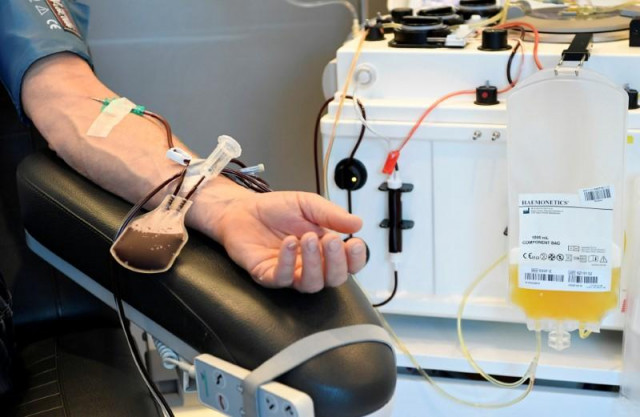
The highest dollar exchange rate in the country’s history has triggered an unprecedented inflationary wave and its effects have hit the pharmaceutical industry much to the dismay of patients requiring blood transfusions.
Despite the rupee posting gains recently, the dollar rate still sits comfortably above Rs 200 and importers have refused to factor in the gains to give relief to patients in need of blood bags and other surgical items, citing medicinal shortages and high procurement costs. One such importer in Karachi, talking to the Express Tribune on the condition of anonymity, said that it was unfair to wish for lower prices when the dollar had increased by Rs40.
“If the current exchange rate persists, we have no choice but to charge a higher price. There is also a strong possibility of a severe shortage of most medical supplies,” he predicted.
While it remains to be seen if the exchange rate will see further rupee rebounds, as the country awaits the release of an International Monetary Fund (IMF) loan tranche, an Express Tribune market survey found prices of items required during blood transfusions have increased two-fold.
The price of a 500 mg single empty blood bag which was Rs249 back in April has now reached Rs300. Similarly, the price of a double blood bag in that period increased from Rs465 to Rs600; whereas, triple blood bags now cost Rs825 up from Rs635 back in April. Furthermore, blood transfusion sets are now retailing for Rs250 as compared to their previous rate of Rs150.
In total, including blood screening, patients are now paying anywhere from Rs8,000 to Rs11,000 for the blood transfusion process. Prices have similarly risen in Lahore, where Sheikh Naveed, a resident of the city who regularly requires blood for his illness, said that the inflationary wave had put even healthcare out of reach.
“I am being forced to pay more than double to the blood bank now for my regular blood tests and transfusion process.” Arjamand Farooq, owner of a pharmacy in Lahore, when asked if there was any hope of prices going down, reiterated the views of importers in Karachi.
“It is out of our control now. The high dollar rate has led to the increase in all sorts of equipment,” Farooq remarked. While importers and pharmacists alike claim that their hands are tied, Dr Tariq Khan, a member of the Thalassaemia Federation of Pakistan, based in Peshawar, said that the situation in Khyber-Pakhtunkhwa (K-P) was dire as well.
“Poor patients are suffering as all items related to blood transfusions have been priced out of reach,” he said.
Dr Tariq was of the view that even the province’s Regional Blood Centres could not cater to the influx of patients. Akhtar Naseem, who had brought his 7-year-old daughter for her monthly blood transfusion, concurred with Dr Tariq’s assessment. “We have been facing serious issues ever since the shortage of blood bags. I am just worried about what will happen next month.” Chairperson, Sindh Blood Transfusion, Dr Dure Naz Jamal, while commenting on the price increases, sympathised with patients like Naseem’s daughter and said that poor patients were as always the worst affectees.
“Efforts are being made to provide blood bags at reasonable prices but the high dollar rate has had a terrible impact on the pharmaceutical sector in general,” she informed. For instance, a box of Panadol which was priced at Rs 340 is now being sold at Rs550, as per the Chairperson.
“The Sindh government or any other provincial government do not seem to have any mechanism to contain the prices.”
When asked if the poor would be left to fend for themselves in such circumstances, Dr Jamal replied that she had requested the provincial health department to talk to Drug Regulatory Authority of Pakistan (DRAP) so that price gouging of essential medical supplies in the name of high import costs could be discouraged.


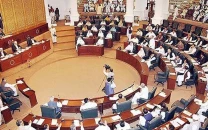
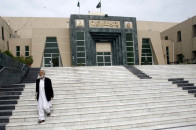

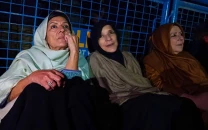
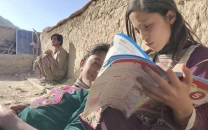
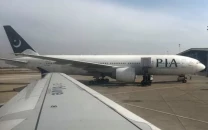











COMMENTS
Comments are moderated and generally will be posted if they are on-topic and not abusive.
For more information, please see our Comments FAQ